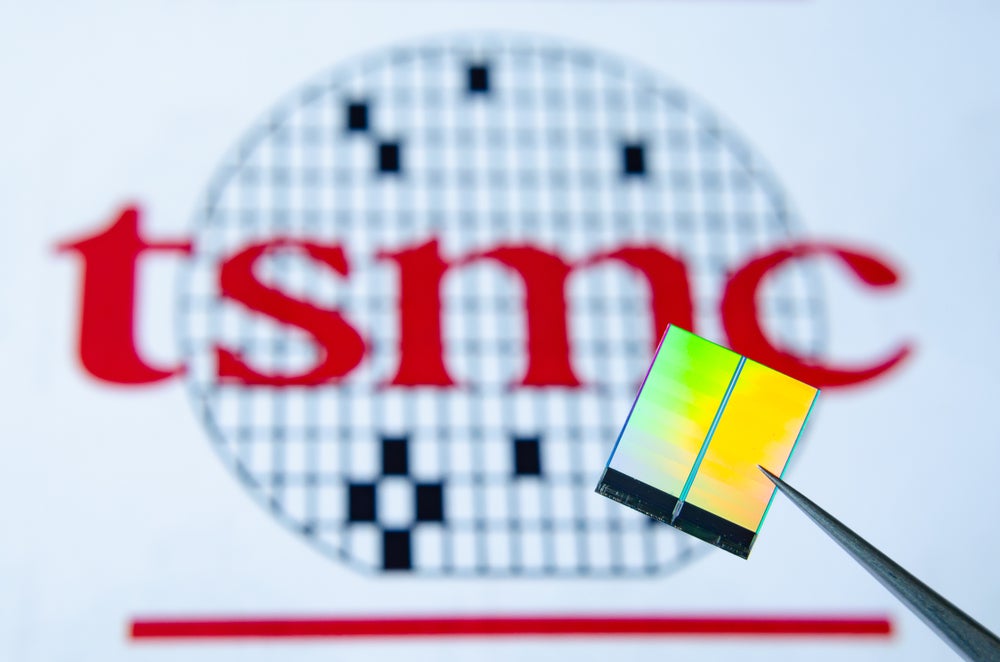The Taiwanese company TSMC has long been regarded as something of a magician for its ability to turn out the most advanced chips, 10nm and below, at scale. But there has been little magic about its recent attempts to bring its Arizona fab on stream. Rather, the unseemly industrial relations that have pockmarked the plant’s construction are well on the way to creating the equivalent of fools’ gold.
It will now be 2025 at the earliest, a year later than originally planned, before TSMC can bring its Arizona fab on stream. It is even in danger of being beaten to the 5nm punch by its Korean rival Samsung, which seems to be well on its way to completing a couple of plants in Texas.
The reason why TSMC’s plant in Phoenix is being held back is due to on-site cultural clashes between TSMC management and American TSMC workers. The irresistible force that is US unionized labour has come up against the immovable object of TSMC—an anti-union shop. There are no unions in Taiwan.
The cultural clash between the US workforce and its TSMC management has the unions insisting that the TSMC site is unsafe. They argue that it does not meet the required safety regulations and that TSMC has been cutting corners on safety. It has been claimed that there have been many accidents, some serious, on the construction site.
Facing a semiconductor skills shortage
For its part, TSMC is insisting that the US labour force is not skilled enough to handle and install the highly complex and sensitive equipment that a fab requires to make chips. The dispute highlights the broader issue of a global shortage of such skilled labour, including in Korea and Taiwan. It does not help that, in the US, STEM education levels are way behind Taiwan, Korea, and the rest of Asia.
That view is endorsed by Peter Wennink, who runs Dutch company ASML, the chip industry’s Atlas company, as it is the only company in the world able to develop, manufacture, and service lithography machines. Wennink argues that the lack of skills is a growing problem. It typically takes a couple of decades to build a skilled labour force.
How well do you really know your competitors?
Access the most comprehensive Company Profiles on the market, powered by GlobalData. Save hours of research. Gain competitive edge.

Thank you!
Your download email will arrive shortly
Not ready to buy yet? Download a free sample
We are confident about the unique quality of our Company Profiles. However, we want you to make the most beneficial decision for your business, so we offer a free sample that you can download by submitting the below form
By GlobalDataBut today’s younger workers would rather sit in an office than put on restrictive clothing and wander around a ventilation chamber with clean rooms. You can forget any idle chatter around the water cooler: fabs do not engender a normal work-friendly environment. A worker can spend 12 hours a day cleaning one small part of a machine to ensure nothing is contaminating it.
The more advanced the chips using ASML machines, the stricter the conditions under which workers must operate in order to fabricate them. Fabs are sensitive to dust and vibrations and Gen Z simply does not want to work in them—in neither Taiwan nor Korea. The fact that the jobs are typically low-paid does little to make them any more attractive to the younger generation. These barriers have implications for the entire global chip industry. The work cannot be automated and even China has a problem in getting people to work in its own fabs.
The CHIPS Act offers more frustration for TSMC
The US government’s CHIPS and Science Act is a further source of angst for TSMC. The act provides $52.7bn for American semiconductor research, development, manufacturing, and workforce development. And TSMC is expecting funding of up to $17bn for the setting up of the plant. But Washington is driving a hard bargain in insisting that TSMC needs to share any excess profit yielded by the fab with the US government, and at the same time provide detailed ongoing information about its operations. TSMC, perhaps understandably, fears that its manufacturing secrets are at risk of being purloined by the US government.
If industrial relations and funding problems are not sorted, there is a risk that TSMC will delay further work on the project. It will not want to have its resourcing tied up in a project that is not making progress given that TSMC is capable of supplying 5nm demand from Taiwan. If things get really bad, it could even walk away altogether, though that is unlikely.
Apple is more than an interested bystander. It has a stake in the game because Apple accounts for 25% of TSMC’s revenues and it wants to have the most secure chip supply line possible: within the US. It cannot get supplies from any TSMC sources in Europe and Japan as that technology is mature process technology rather than the most sought-after leading-edge technology.
Finding a solution
Resolving the problems is going to require all sides—the US government, unionized workers, and TSMC management—to cede their positions.
Washington will need to soften its position on TSMC funding, and Taiwan must equally moderate its excoriating disregard for US workers. It regards US workers as lazy and pokes fun at any ‘work-life balance’ desires.
All sides could probably do with considering something that is not currently in any alchemic process: backing down and eating a slice of humble pie. But humble pie is not yet on the breakfast menu in Phoenix’s all-you-can-eat diners. So no one is coming out of this row sunny-side-up.









Related Company Profiles
Apple Inc